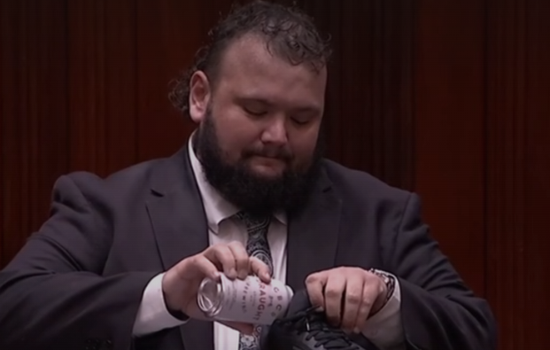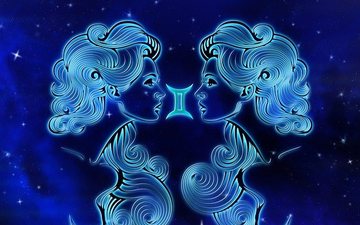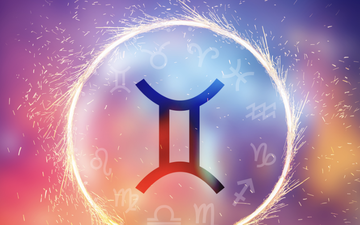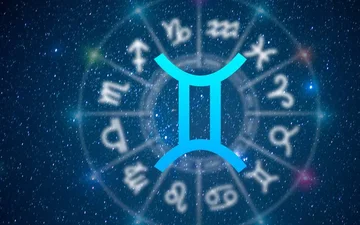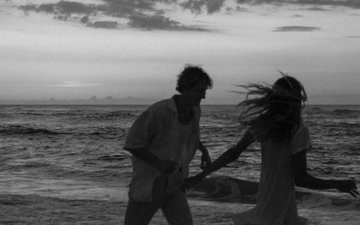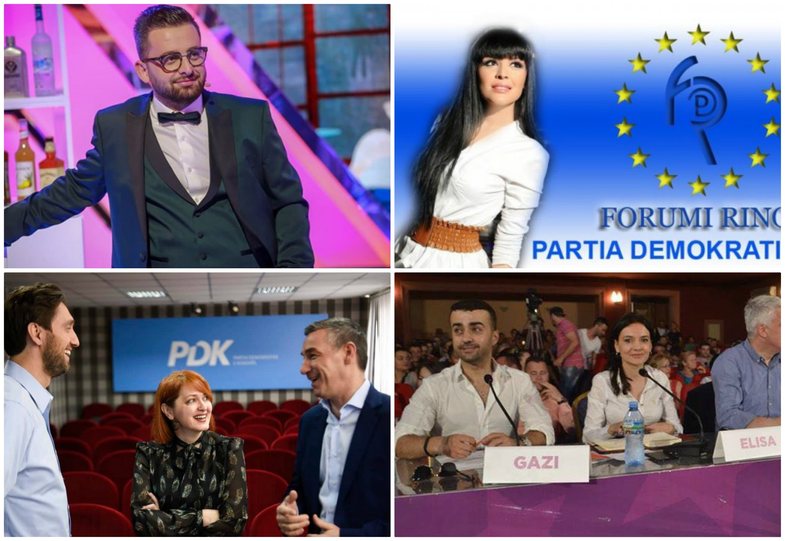
Since the early 1990s, the phenomenon of art engaged in society has developed year after year. As with the sister cases in the world, there have been few cases in Albania when an artist (for example, Edi Rama, Arben Imami) is engaged in politics. Recently, many artists are committed to politics.
The last on the list is Erion Isai , formalized by the Socialist Party as mayoral candidate in Cologne. Eliza Hoxha , a long-known architect of music career, became part of the Democratic Party of Kosovo's structures. Memli Krasniqi, former member of the "Rhythm of the Road" group, has been vice president of PDK Kosovo and formerly served as Minister of Agriculture, Forestry and Rural Development and Minister of Culture, Youth and Sports. Currently he is chairman of PDK parliamentary group. Greta Koçi served as chairman of the Democratic Party Youth Forum. Gaz Paja is not directly involved, but has been more than just supporter of a political force, taking part in the elections for president of FRESSH. Julian Deda was involved in DP structures as a member of the National Council. Part of the two largest political forces in the country have also been actors Raimonda Bulku and Luiza Xhuvani, respectively DP and SP. Other artists have publicly supported electoral campaigns, such as Çiljeta or the West Side Family. The list of politically committed artists may be longer, but here's another issue.
What is the relationship with art politics?
As we said above, after hundreds of years of art automobile debate after the 1990s, many societies saw it necessary to use art to interfere in social and economic life. Consequently, many artists engaged politically and the end is not absolutely bad.
What role can art play in politics?
To answer this complex question, let us briefly examine some of the reasons why artists enter politics.
1. Art is of interest to politics
We all agree on the power of art to unite millions of people. We have it everywhere, starting from how we dress and how we talk. So, for political parties, it is important to share their artists' structures based on their power to absorb a significant number of people. For example, Erion Isai is likely to have more potential to vote than another not well-known candidate.
2. Politics are of interest to the artists
To be fair, we should also mention rastier when artists enter politics for reasons that are not related to art. Personal ambition (and financial) is one of them.
3. Incidentally artist
How many artists did you find yourself in this profession randomly? In an interview with Tempora, Isai confessed that "Altin Basha, Dritan Hoxha and Top Channel made a madness when they believed in the scene of a boy who came by bus at three in the morning from Erseka." Likewise, Memli Krasniqi became famous about the twenties, at the time the rep music debuted for the first time in Kosovo. So one of the reasons why many artists are committed to politics is also linked to the fact that they became so before they realized what they really were doing.
4. Politics has the potential
"The Ukrainians chose an actor, comedian and director as president, while Erion Isai is launching from his country of origin. Worthy is your newly launched journey, "Gjebrea wrote in an InstaStory to congratulate the author of" BE Coffee ". Rightly, as an artist engaged in politics you may have much more power. On the other hand, an artist has more authority to run, we are telling the ministry of culture than a graduate for finance. We also emphasize that some artists, no matter how successful their career is, their power is limited to politics is useful for realizing various projects.
5. Not everything is done for money.
This point rejects the second point. Not every artist enters the policy only for financial ambition. Today, it's not hard to pay well in Albania if you're an artist.
So can art policy change?
At least it can affect. In our society, there is a tendency to see art separated from social and political issues; there is also a tendency to see committed artists with a critical eye; much more critical than it should. In fact, the answer is a bit complex because there have been few cases when politically engaged artists have failed, but on the other hand there have been few successful cases as well. However, artistic communities and artists themselves have enough power to convey problems so they will not fall into deaf ears. Under such conditions, with so many artists entering politics, we hope that these collaborations will go beyond predictions, or at least, will not remain merely promises.

